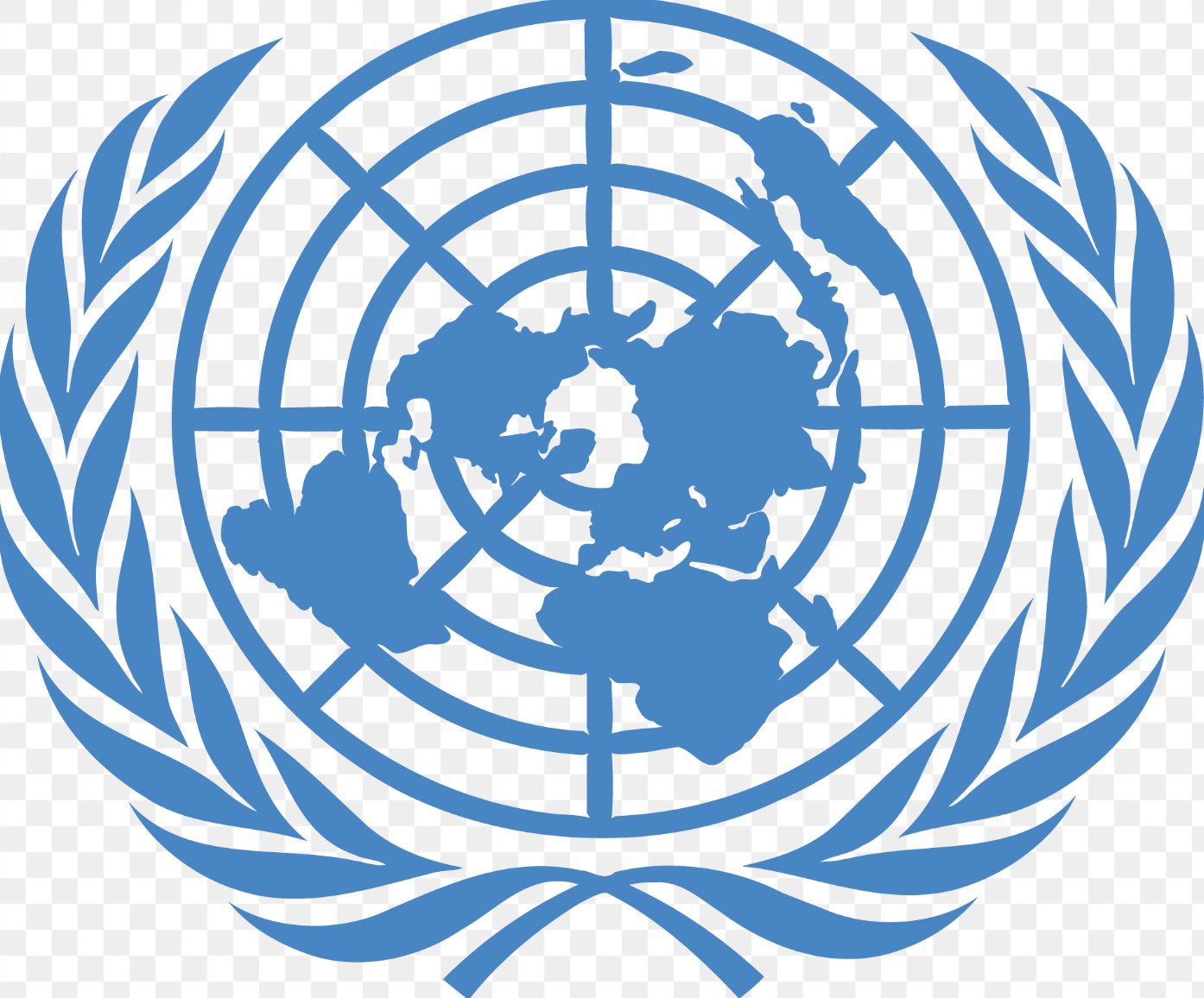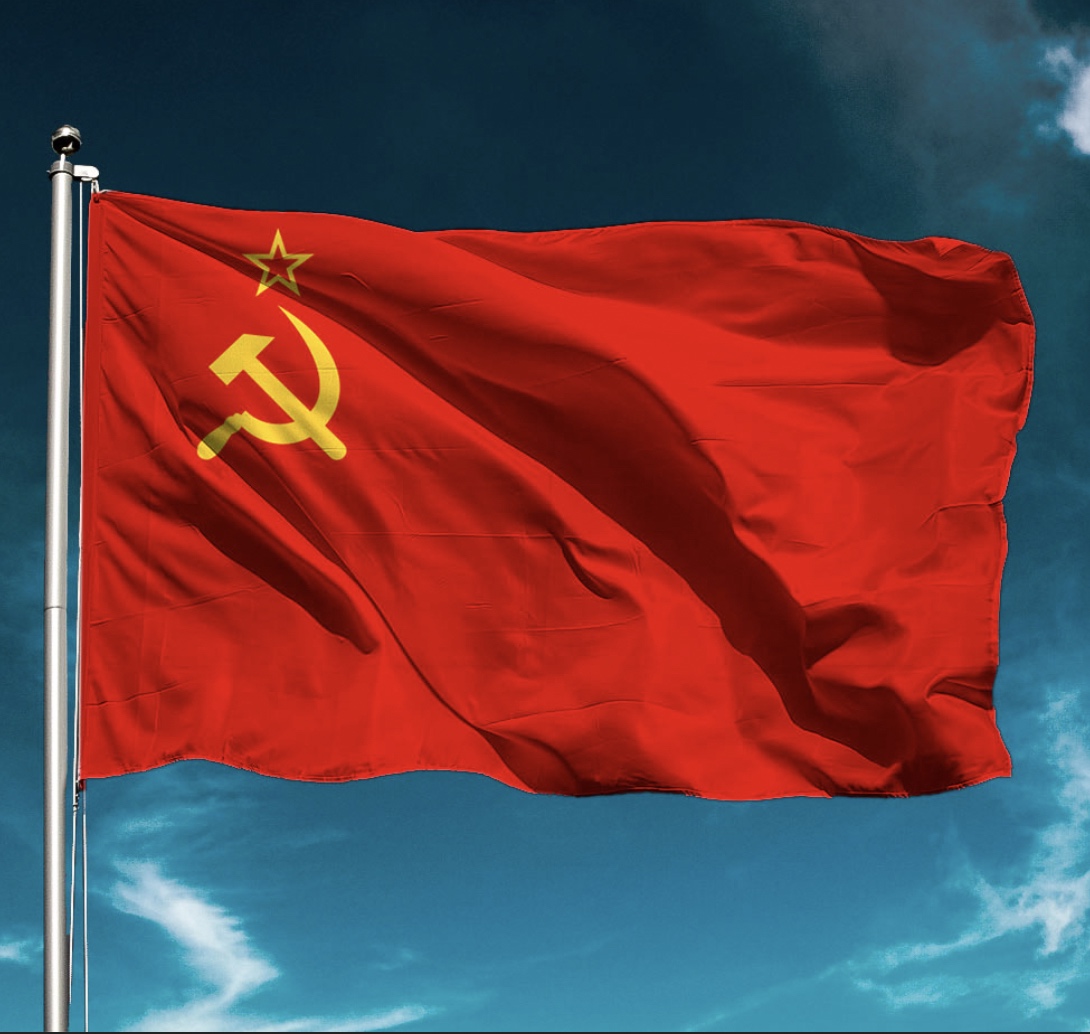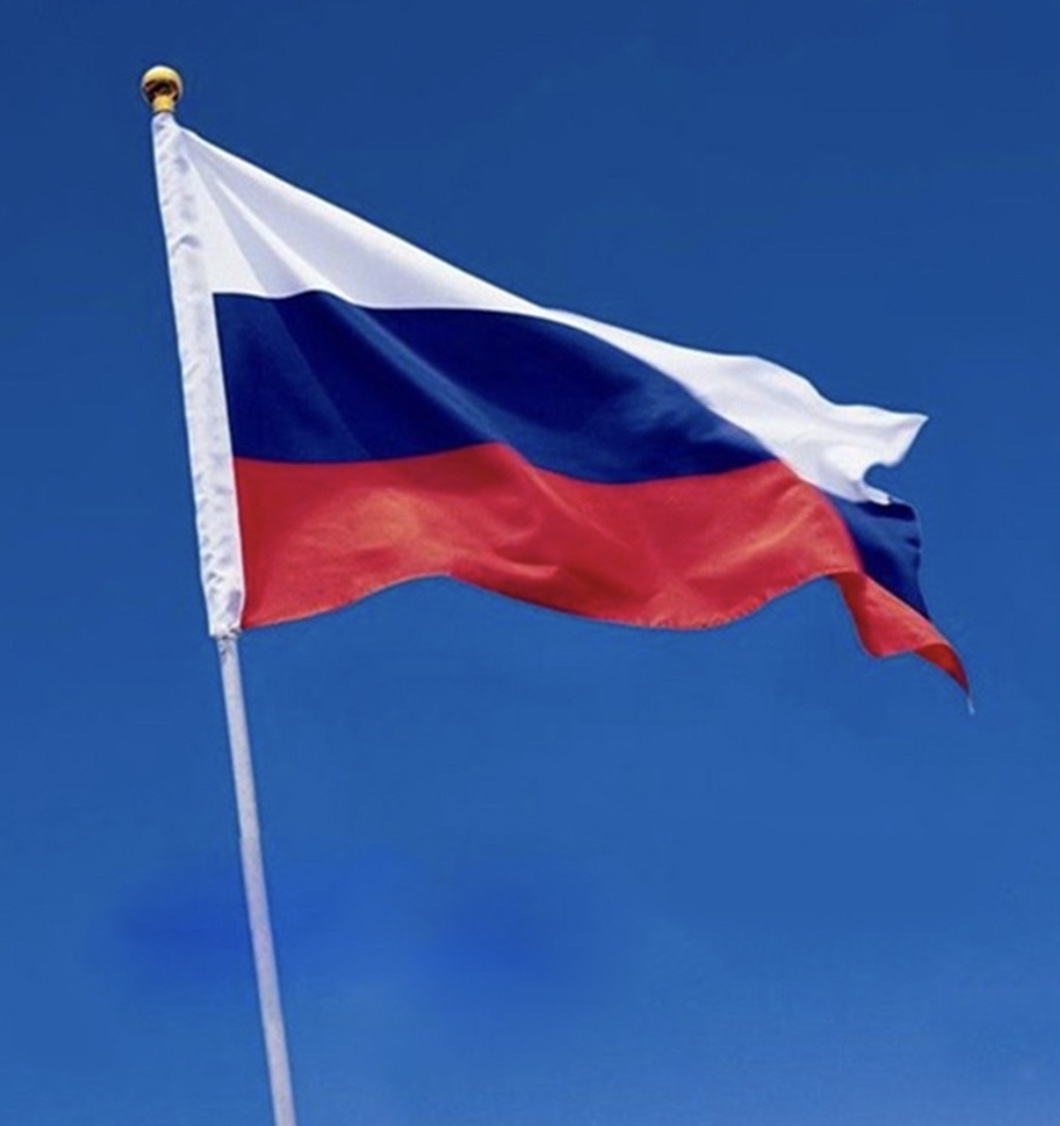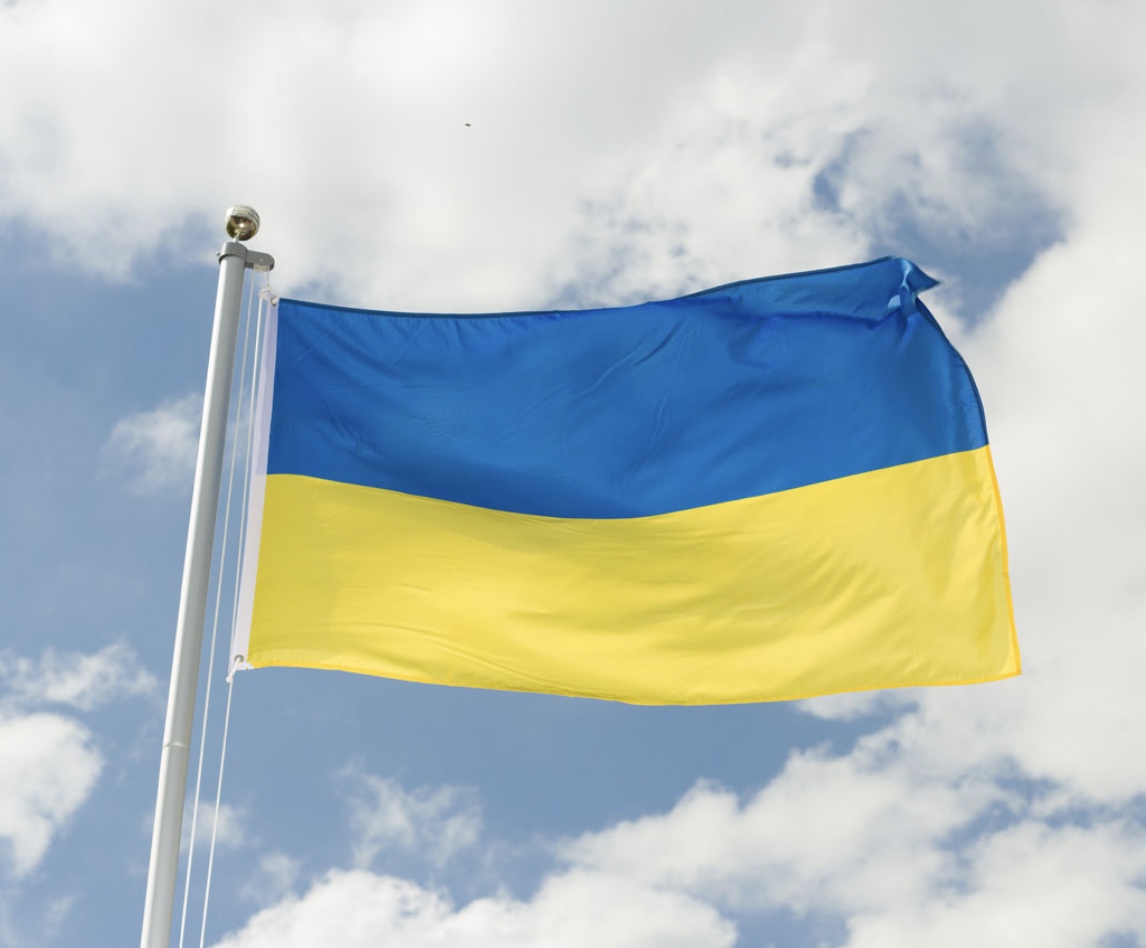SVITLANA MORENET in The Spectator (April 16, 2023) has written a useful analysis of Russia’s position in the UN.
Ukraine was a founding member of the United Nations, an organisation created to ‘maintain international peace and security’ after the Second World War. But at the moment, the UN is not very well-placed to fulfil its aims given that Russia is chairing the organisation’s Security Council.
The rotating presidency was in Russian hands as the invasion of Ukraine started last year. News of the war broke out in the middle of a discussion about how to prevent it. And now, Russia is once again in the driving seat when it comes to that presidency. After thousands of war crimes were committed in Ukraine and an arrest warrant for Vladimir Putin was issued (for deporting Ukrainian children), the aggressor country in the war is now heading the peace organisation. Moscow is using the UN to share its propaganda and does everything to make the UN helpless.
Last year Vasily Nebenzia, the Russian ambassador to the UN, accused Ukraine of using special drones equipped with containers to spread disease-carrying mosquitoes. The so-called development of biological weapons became a meme in Ukraine – as well as the UN expressing ‘deep concerns’ regarding the invasion. Russia remained unbothered, upholding its claim and vetoing all decisions of the Security Council that did not align with Putin’s interests.
 The UN surely struggles to act as a peacemaker if countries who resist the international rules-based order hold a veto. Russia has issued the most vetoes in the UN, having exercised this power 32 times. In 2014, Moscow stopped the UN peacekeeping mission from entering the Donbas region and last year vetoed a Security Council resolution aimed at ending the invasion of Ukraine. The UN Security Council’s attempts to respond to Russia’s aggression have proven futile, both in 2014 and today. The organisation, which was founded to ensure peace, has been unable to prevent real war tragedies, from the Srebrenica massacre to the ongoing hostilities in Ukraine.
The UN surely struggles to act as a peacemaker if countries who resist the international rules-based order hold a veto. Russia has issued the most vetoes in the UN, having exercised this power 32 times. In 2014, Moscow stopped the UN peacekeeping mission from entering the Donbas region and last year vetoed a Security Council resolution aimed at ending the invasion of Ukraine. The UN Security Council’s attempts to respond to Russia’s aggression have proven futile, both in 2014 and today. The organisation, which was founded to ensure peace, has been unable to prevent real war tragedies, from the Srebrenica massacre to the ongoing hostilities in Ukraine.
In 1991, former Russian president Boris Yeltsin wrote a letter to the UN secretary-general, naming his country as the legal successor of the Soviet Union. Although this claim was not formally documented, it was not disputed either. Russia should have followed the formal procedure to join the UN, but it never did. Instead, USSR flags were simply replaced by Russian ones; the issue was resolved on the sly. Yugoslavia tried to repeat Russia’s trick in 1992, but the UN deemed such actions inappropriate and eventually compelled the former Yugoslavian countries to go through the formal procedure.

USSR flag
The UN Charter still lists the USSR (not Russia) as a permanent member of the Security Council. Back then, Soviet republics did not use the right to freely leave the USSR, but decided to terminate the existence of the state itself. Therefore, all of Russia’s efforts to argue that the USSR continues to exist but in a different guise and name – as the Russian Federation and its ‘subjects’ – are at odds with reality. Dmytro Kuleba, Ukraine’s foreign minister, has described Russia’s presence in the UN Security Council as ‘the largest diplomatic fraud of the 20th century’.

Russian Federation flag
The irony is that Russia cannot be expelled from the UN Security Council because there is no procedure in place for removing a permanent member. Furthermore, Moscow cannot be stripped of its veto power. Ukraine could request a review of Russia’s membership by the UN International Court of Justice, but the Kremlin could simply refuse to comply with the final decision, as it did in March last year when the Court ordered Moscow to immediately halt military operations in Ukraine. Russia does not recognize the Court’s jurisdiction and cannot be severely punished for it. In such cases, it falls upon the UN Security Council to enforce the Court’s decisions, but Russia has the power to veto any such measures.
Reforming the UN Security Council is also impossible due to Russia’s veto power, which it could use to block any attempt to do so. However, this cycle could be broken by banning the Russian delegation from attending meetings. This could be justified by Russia’s aggression in Ukraine, which violates the UN Charter, or by convincing two-thirds of the voting countries that Russia’s presence in the UN is illegitimate. It remains to be seen whether Ukraine could gather the required number of votes. Many countries may prefer to keep Russia, with its nuclear arsenal, on side rather than sever all ties and push it into the arms of China. As the saying goes, keep your friends close and your enemies closer.
This week, a video emerged on social media showing what appears to be a Russian fighter decapitating a Ukrainian prisoner of war with a knife, according to Ukraine. This is the latest of more than 72,000 registered war crimes Russia has committed against Ukraine. It is a stark reminder of why the country has no right to remain a member of the UN Security Council, let alone lead it.

Ukraine flag
Also on April 16, 2023, Pete Schmigel’s article in Kyiv Post was published in The Spectator Australia: “Ahead of Russia’s UNSC Presidency, in an exclusive interview with Kyiv Post, Oleh Nikolenko, a spokesperson for Ukraine’s Minister for Foreign Affairs said:
‘Russia is playing an April Fools’ Day joke on the world by pretending it is entitled to fulfil its duties on the UNSC… It makes a mockery of international law and the UN Charter, which is meant to protect territorial sovereignty, at the same time that Russia continues its full-scale invasion of Ukraine.
‘The UN’s legitimacy should be questioned… It exists to prevent wars, but we see little action except for initiatives such as humanitarian aid and the grain deal… It’s valid to ask: do we need to reform the UN – including the veto power of permanent members of the UNSC, such as Russia?’
The Ukrainian Security and Cooperation Centre (USCC), a Kyiv-based policy and advocacy NGO, has been internationally highlighting and raising awareness about the Russian UNSC Presidency.
Serhii Kuzan, the USCC’s Chairman, said:
‘Russia in this role represents the lowest point in the history of the United Nations. By contrast, in 1939, as the USSR, Russia was expelled from the League of Nations for attacking Finland and bombing civilians. But now, despite starting the bloodiest war in Europe since the second world war, Russia is allowed the legitimacy that it craves via the UN.’
